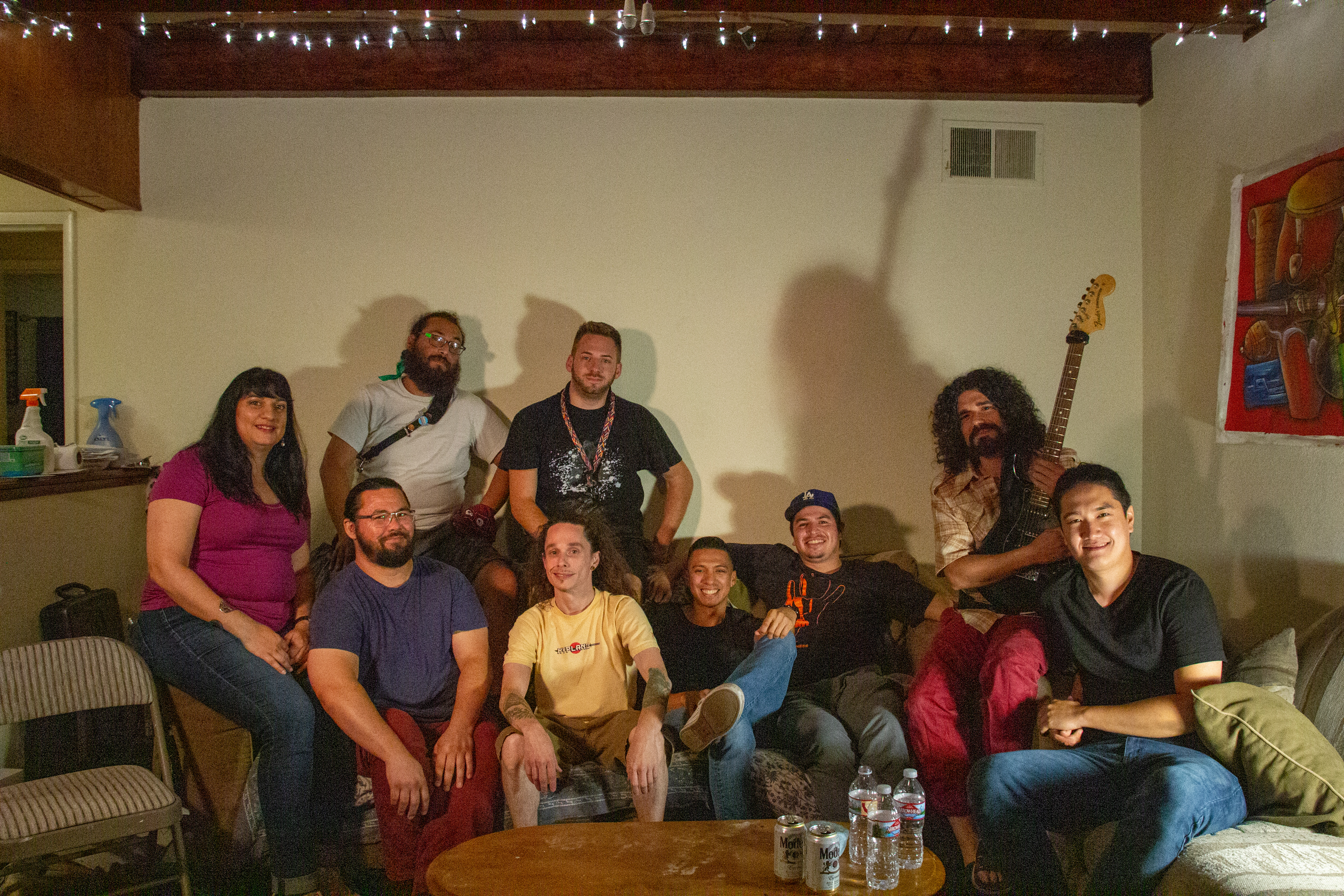Novala: An Evolution of Afrobeat
Big Smile Magazine met up with the band members of the Afrobeat/funk/fusion band, Novala, during one of their rehearsals to discuss the band's origins and evolution over time.
We began by discussing founding member Zach Nazar's early influences and the moment when Zach met an additional founding member, Brandon Valerino, in an elevator on the way to class. We later discuss the build up to Novala's 2nd EP release, and how the group's style has evolved since their 1st EP.
Novala is comprised of Zach Nazar on percussion, Carlos Hernandez on percussion, Brandon Valerino on alto sax, Chris Adachion on trumpet, Luis Tonalli Hernandez on bari sax, Aziza Syed on keys, Jaewon Kim on drum kit, Marty Valenzuela on bass, and Javier Olmedo filling in on guitar. Also joining us for the interview is Brittany Melendez, Novala's band manager.
Zach, please tell us about your early experiences in the Chicago rave scene.
Zach I had a group of older friends who got me turned on to early techno DJs like Paul Oakenfold and Keoki. I went to my first rave party with this group of friends when I was 14. It was an illegal warehouse party in Chicago. This was one of those rave parties that you heard about in the news. It was at that time that I fell in love with house music and drum and bass.
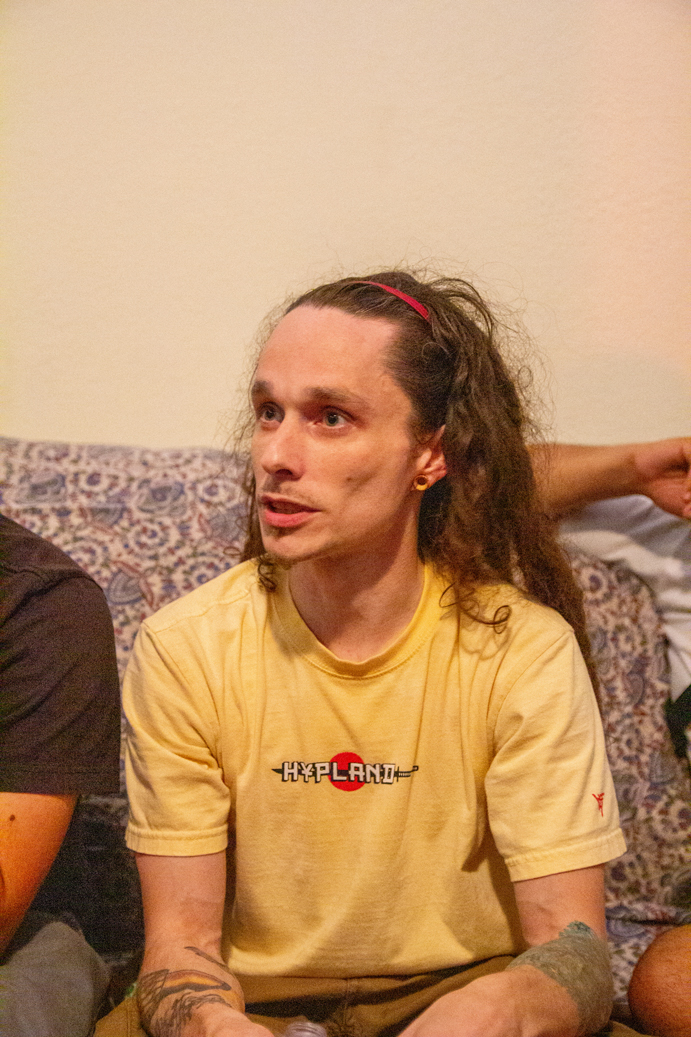
I was seeing legendary DJs like Paul Johnson, Frankie Knuckles, Danny the Wildchild. These are hardcore producers that changed the scene, that's why I freaking fell in love with it.
These house DJs were mixing in jazz and and different instrumental music and that's why it's called Chicago House. I remember my friends at school were obsessed with Incubus, and I loved that, too, but then I found this whole new stream of music that was happening. It was night school for me.
That first party was called Wall of Bass. They had a wall inside of the warehouse, almost up to the ceiling, of bass speakers. I'm not kidding. This bass was so intense. People were just gettin' down, sweating their asses off, just gettin' down. I freakin' fell in love with that.
I was studying the music, the dance and the songs. I was writing raps and Susu, you know, just immersed in it. Their music is Guinea. Their food is Guinea. The air. Everything.
Zach, you also studied traditional drumming in West Africa. What was that experience like?
Zach I had been playing the drum set since I was about eight years old, eventually trying to play those drum and bass beats and house beats. Later, I had the opportunity to go to music school and they had these world percussion studios. There was a specific day, moment, when I peeked into those studios and it just struck me - I wanted to know about these world percussion instruments that I had no clue about.
So I dived in head first and started doing percussion, percussion, percussion rather than drum set. In that first year, I went on a trip with a couple teachers, not only to Guinea, but we also got to see Ghana, West Africa.
I was studying the music, the dance and the songs. I was writing raps and Susu, you know, just immersed in it. Their music is Guinea. Their food is Guinea. The air. Everything.
I came back from there a couple months later changed. I experienced culture shock when I got back, because everyone here is so busy, you know, focused on social media, but people there are like, "Hey, what's your name?! What's up?!"
So we try to take this inspiration from all these different world musics. Brandon and I also got to travel to Peru and to the Dominican Republic to get some instruments and some lessons.
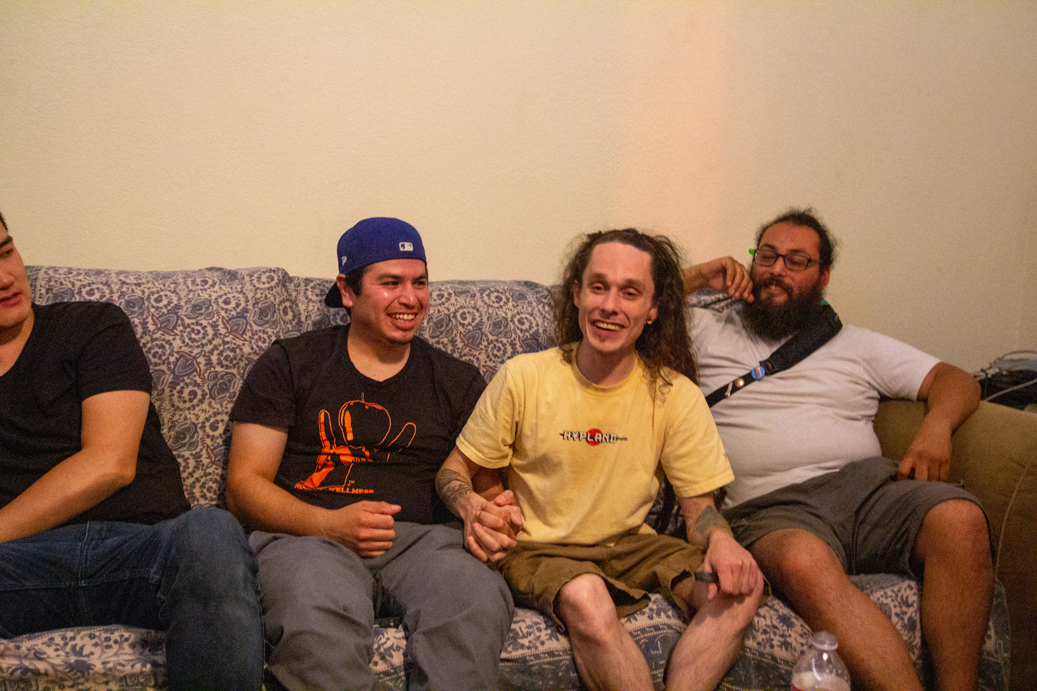
Zach and Brandon, please describe the moment you met in your apartment building's elevator.
Brandon We went to school together and it was like the first day we moved in. I was getting in the elevator to go down and head to class. Zach gets in and notices my saxophone. He had his djembe on his shoulder. I was like, "Oh, what's that?", because I didn't know about West African percussion at the time. He's like "It's called a djembe". I'm like, "Oh, cool, a jimbo!"
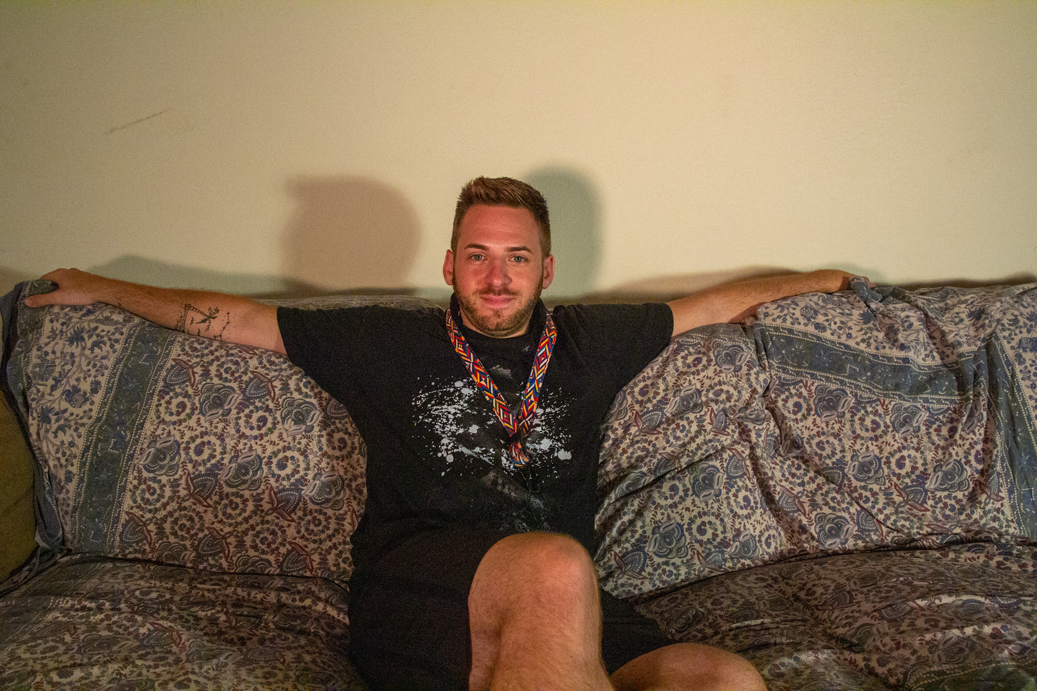
We got to talking and he mentioned, "I'm going to start this band. We're gonna start rehearsing." And I said, "Cool, I'm down." Not to oversimplify, but that's the story.
Zach In that moment, I was very excited by this when he said 'I'm down'. I said, "Are you sure? Are you down, down?"
Brandon I didn't know what I signed up for five years ago.
Zach We literally shook hands in that elevator and it happened.
How long afterwards did it take for the current manifestation of the band to come together?
Brandon Soon after Zach and I started jamming, Louis joined. Then Aziza, and Chris joined soon after that. A couple years later we got Marty on bass and then Jaewon Kim on drums, and Carlos joined last summer.
So it's been over a year with this group, and I'll tell you right now, this band has never been more solid than it is right now.
Most of Novala's band members have day jobs as music instructors, do you feel that you have another level of communication with each other when discussing how to structure a song?
Brandon Definitely. One-hundred percent.
Marty I notice we're always singing changes to each other. We're like, "No, it should go like 'dah D-DA dahh'".
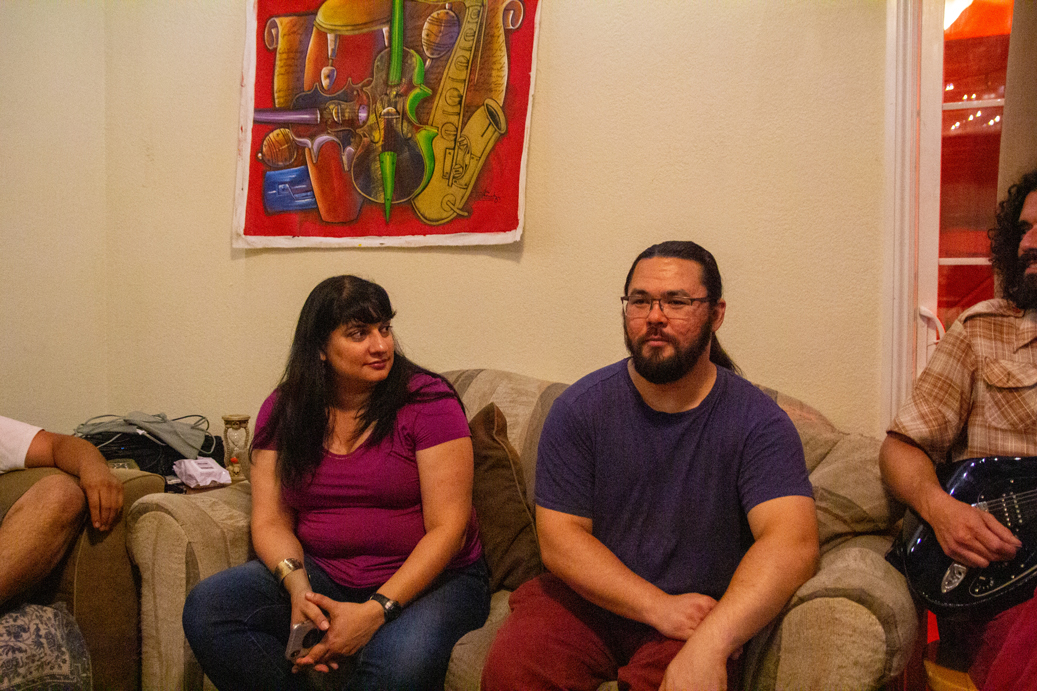
Aziza It also helps us scheduling-wise too because we end up having a similar mindset. I know Marty is working with lots of musicians. Jay, he's deep in the music world, so the fact that we're all kind of doing other things outside of playing but still within the music world helps us understand and respect each other.
I've played in other bands and sometimes when each person works in a different sector of the world, it takes a long time to develop the kind of camaraderie that we have, so it just helps us be one step closer.
Are there other bands that have a similar style that you guys collaborate with or is there a scene that you're working to build up?
Brandon The L.A. Afrobeat scene is really interesting. In that, they've kind of looked at us a little bit strange because typically in Afrobeat music there's somebody of color. For a long time we were just a bunch of white guys playing Afrobeat, right? Afrofunk. And so we were getting a lot of weird looks. So it's a little weird, but there is definitely a scene in L.A. and it's growing.
Zach We've been part of a few different scenes but there isn't really one predominant scene that we are a part of. We're kind of our own orbit, I would say. We're open to following other bands that are doing cool stuff like Phoenix Afrobeat - they invited us out to Phoenix.
We all come from way different backgrounds. We've got classical, jazz, world percussion, punk, rock, funk, everything. You put it all in a blender and that's Novala.
Brandon We played at Harvelle's in Santa Monica last month and we invited a bunch of people from the Westside Revival community. I swear they're used to going to mostly rock shows, but they came and saw us and they could not stop talking about it. We thought, "It was an okay show" but they were like, "Horns! Percussion! Everybody crouched down!" They were so excited about it. So you don't have to know or love Afrobeat or funk, you know. You just go and think, "OK, I can jam to this."
Zach We can join a rock show. We can join a funk bill. We can join an ethnic world music bill. Jazz. We can do a reggae show. So we're very flexible in that way.
Marty At the core of our music is Afrobeat but we still give it the flavors of all the music that we love. And that's what comes out as Novala. I feel like maybe in the Afrobeat scene some of these groups are dedicated to Afrobeat, just Afrobeat, and it's cool. It's strictly Afrobeat. With our sound it's a little bit of a fusion but yet it's welcoming and educating, because you know, someone who doesn't know about Afrobeat can still watch Novala and learn, "Oh, that's Afrobeat!"
Brandon We all come from way different backgrounds. We've got classical, jazz, world percussion, punk, rock, funk, everything. You put it all in a blender and that's Novala.
Prior to the release of Novala's second full length E.P., you've released a few songs one at a time. Is this part of a roll-out strategy?
Brandon We've noticed that releasing singles helps gain traction.
Brittany If you release the songs all at once they get lost. It's something we've seen. People remember that first song that you played at that one show that they were looking for the single for and that's all they're going to listen to. All of your other content out there is getting missed.
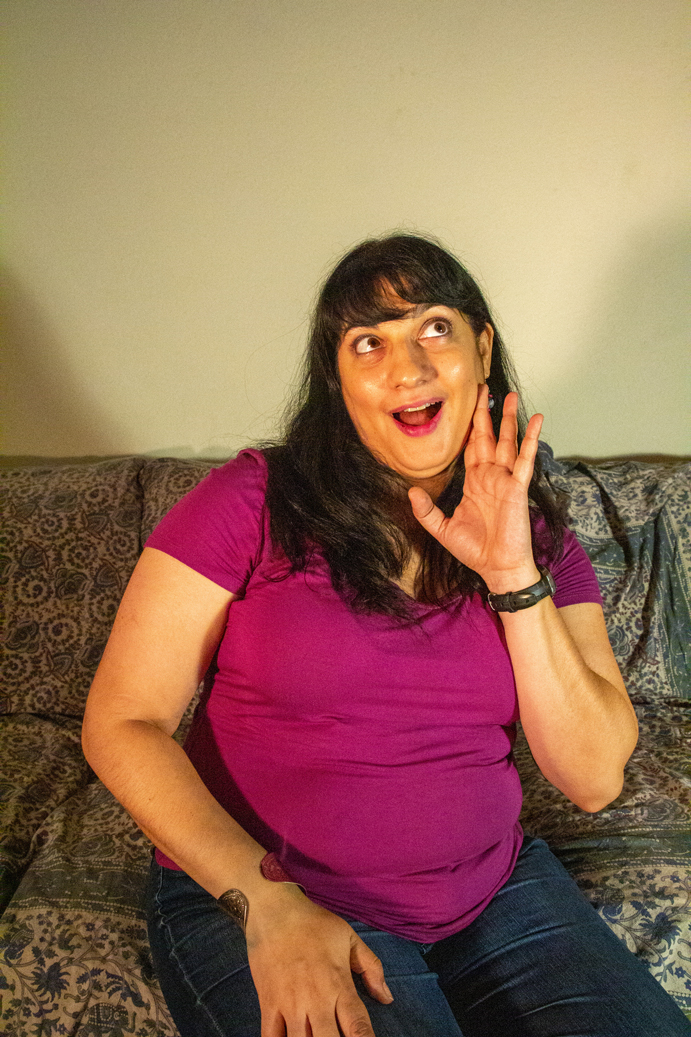
Since there are six songs on the EP we decided to release three songs prior to the EP release. That way those three build up and people are going to want to know more. They're gonna want to see what else Novala can do? What are their other songs about?
It's all about a buildup. It's all about making and keeping people who are following you excited. I firmly believe in that. Let it all kind of fester for a second and then BAM, it'll all be out, once it's ready.
Brandon and Javier, in your other band, Westerner, you guys had a residency at Davy Waynes. How has a residency impacted feedback that you get and is a residency something that you would pursue with Novala?
Brandon I can tell you that Davy Waynes is a really unique spot because it is a spot that people go to who are tourists who just want to go out for a night, and you're always getting new people there. So it's great! You could play the same set every single week and it doesn't matter because you're gonna have a new crowd.
So it's really important to have shows like that because not only are you playing every week you're rehearsing to prepare this show, but we also got a new potential crowd of following. And it's been really great for Westerner. Obviously for Novala that would be great to have a residency. Even monthly would be great. Again it's hard to find the spot though. And that's where Brittany and Zach and I are constantly looking for a place that we could fit into.
Zach It's an investment for a club too because not everyone knows Novala so the first show might have a medium crowd. But people will start to say, "Oh wait, Novala is playing again." So these clubs need to make a little bit of an investment and give us once a week for a month. Because by that fourth week, there will be a line out the door. We've seen it happen before when we have had a residency.
Javier The residency at Davy Waynes, we got that off of Instagram. Social media, especially Instagram, has become more of a calling card or business card because there's no more A&R guy. There's no agent anymore, everyone's doing it on their own. So what do these clubs/bookers or random agents have to go by other than your follower account. And what content you have. So if it looks like shit's happening on your social media they're going to contact you and say, "Hey, we want that at our club."
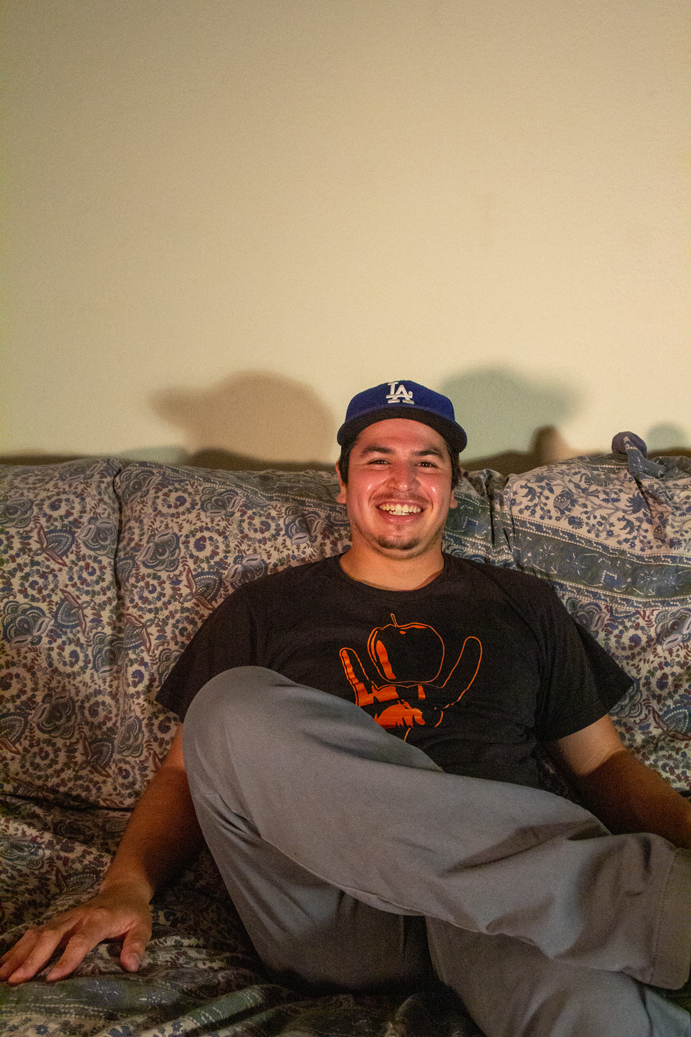
How has Novala evolved creatively since your original self-titled Novala released in 2015?
Brandon That E.P. was our attempt to take what Zach taught us about Afrobeat and use the instrumentation we had. But the difference between that and now is, we realized yes Afrobeat is danceable but also we all love funk music. So we just started to experiment putting four on the floor disco beats with pop and slaps on the bass. Simple little things with funky horn lines. Keeping those African funky rhythms. All of a sudden it's transformed into this new sound. If you listen to the two back to back you think, "Is that seriously the same band?"
We're playing really funky, groovy music people can dance to, and then put in the simplest of words, but positive and meaningful, and you can get the audience to sing along. It really leaves an impression and it inspires a moment of unity.
Zach One cool thing is that we're starting to incorporate more lyrics. We had kind of a search for a vocalist or a lead singer for the group but many realizations later we thought, "Do we need a lead singer? How about we just all sing?" So now we have chants and we get the audience participating, you know. With our next round of songs, almost all of them have lyrics whereas our songs up to this point, almost none of them have lyrics. That's a big shift for us with, "What are we saying? What are our messages? And how can we make them cool and all do it together?"
Marty It's really helpful to get the audience involved too. Especially with this kind of music. We're playing really funky, groovy music people can dance to, and then put in the simplest of words, but positive and meaningful, and you can get the audience to sing along. It really leaves an impression and it inspires a moment of unity.
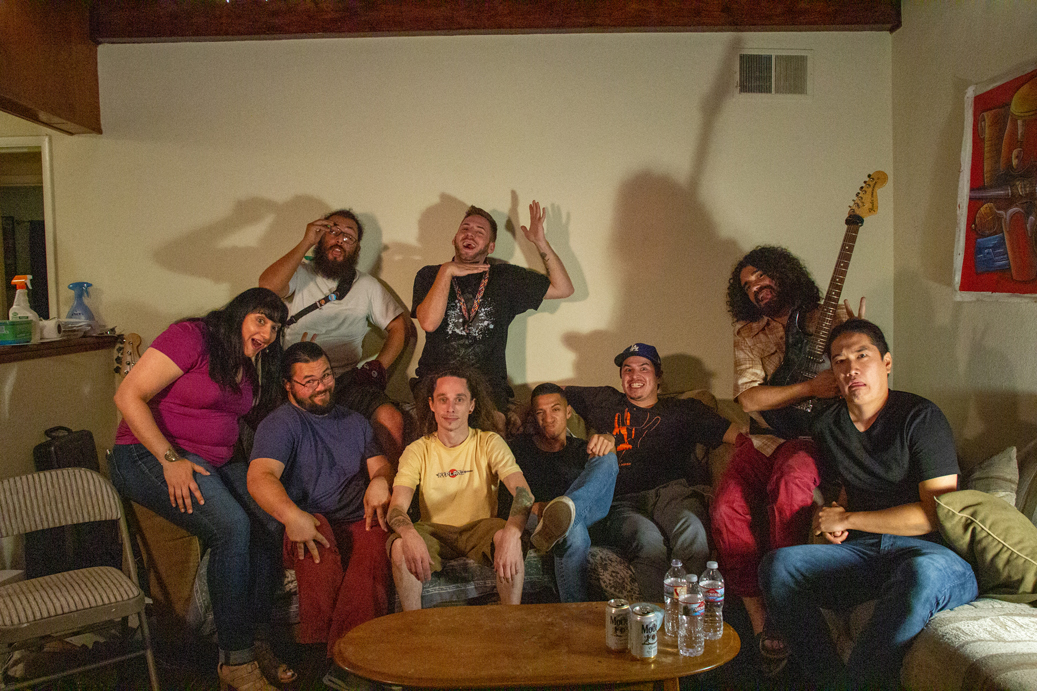
Since this interview, Novala has released their second EP which you can find on Spotify. You can also find out more about Novala on their website and on Facebook. We look forward to seeing what Novala has in store for us in 2020!
